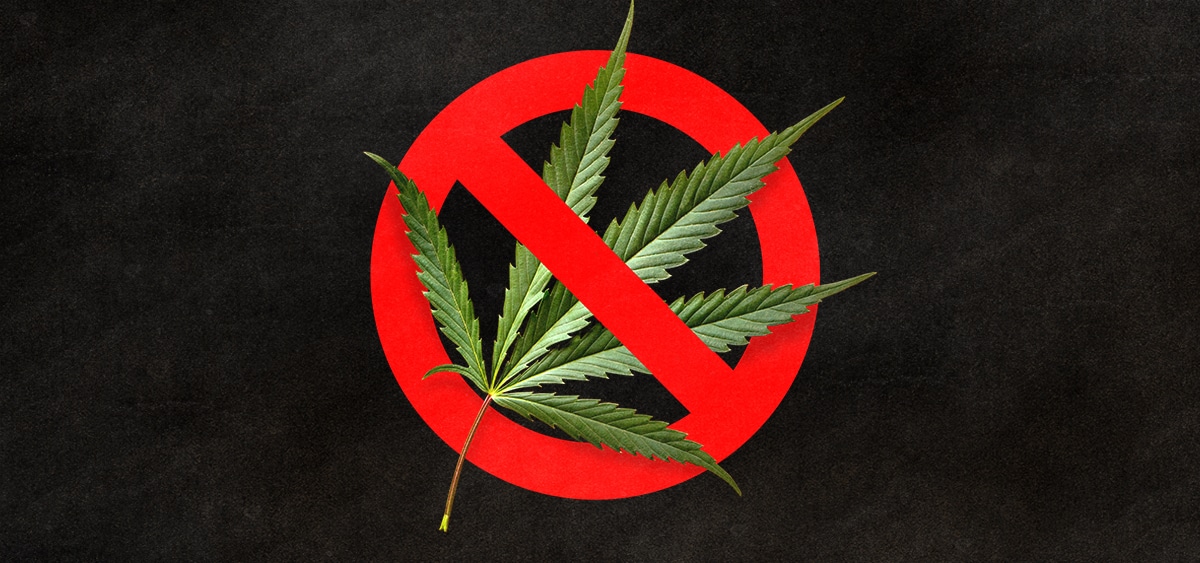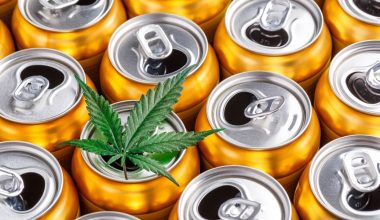The California Cannabis Industry Association (CCIA) has published a white paper that describes the national market for intoxicating hemp products as a growing public health crisis. The article, Pandora’s Box: The Dangers of a National, Unregulated, Hemp-Derived Intoxicating Cannabinoid Market, argues that while most industry stakeholders assumed the 2018 Farm Bill would regulate nonintoxicating hemp-derived cannabinoids like CBD, “loopholes in the federal definition of hemp are being exploited … to sell extremely potent, often chemically synthesized intoxicants that are more powerful than anything available in licensed cannabis dispensaries.”
When the 2018 Farm Bill legalized industrial hemp nationwide, the move not only legalized hemp agriculture but also the plant material and all of its byproducts. The issue CCIA highlights stems from a Ninth Circuit Court ruling in May that products containing delta-8 THC — a rare cannabinoid that is chemically similar to delta-9 THC, the cannabinoid most commonly associated with the intoxicating effects of cannabis, but which has been researched far less than other cannabinoids — technically meets “the statutory definition of industrial hemp.”
“Intentionally or not, the 2018 Farm Bill left the barn door open and so-called ‘hemp’ manufacturers have run right through it, creating a rapidly growing market for dangerous intoxicants.” — Tiffany Devitt, the paper’s primary author and CCIA board Vice President
The paper outlines and recommends four steps to help remedy the issue:
- Create a unified federal framework for regulating intoxicating cannabinoids, which would include the federal regulation and legalization of cannabis and normalizing the regulations for all plants being grown for cannabinoid content.
- Congressional action to close “unintended loopholes” in the Farm Bill for the unregulated sale of intoxicating cannabinoids.
- Action by the FDA to either approve or disapprove the commercial availability of any synthetic compounds from the plant material.
- Enforce state laws around the country that prohibit the sale of intoxicating cannabinoids outside of state-regulated cannabis markets.
The CCIA white paper echoes sentiments from a Project CBD special report published in June which highlighted the potential for “hidden dangers” when manufacturers synthetically alter the cannabinoids in their products.
Earlier this month, a mother in Virginia was charged with felony murder and child neglect following the death of her four-year-old in May after he reportedly ingested a “large amount” of delta-8 THC gummies. State health authorities have ruled that while accidental, “the cause of death [was] delta-8 toxicity.”
Get daily cannabis business news updates. Subscribe
Medical Disclaimer:
The information provided in these blog posts is intended for general informational and educational purposes only. It is not a substitute for professional medical advice, diagnosis, or treatment. Always seek the advice of your physician or other qualified healthcare provider with any questions you may have regarding a medical condition. The use of any information provided in these blog posts is solely at your own risk. The authors and the website do not recommend or endorse any specific products, treatments, or procedures mentioned. Reliance on any information in these blog posts is solely at your own discretion.






